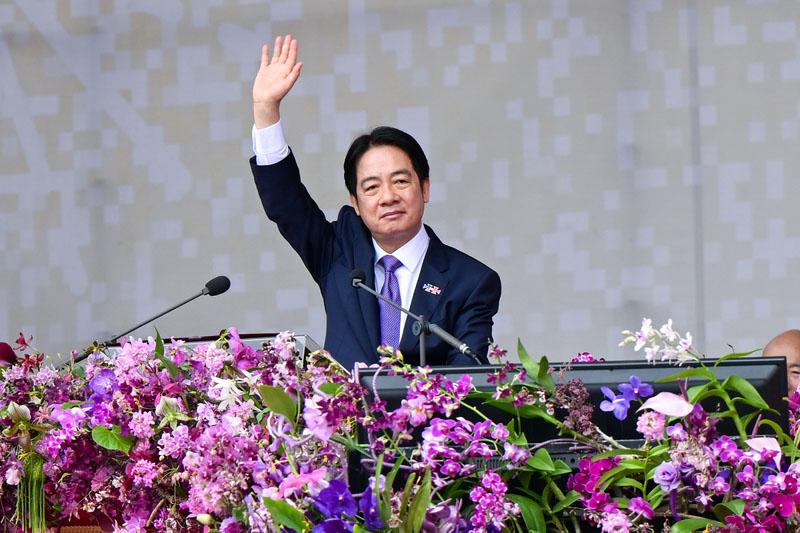TAIPEI, Taiwan—Taiwan’s freedom and way of life are being threatened by authoritarianism, Taiwanese President Lai Ching-te said, adding that he is committed to defending the island’s sovereignty from annexation or infringement.
Lai, who took office in May, delivered a keynote national address in front of the Presidential Office Building in Taipei on Oct. 10, which is celebrated as National Day in Taiwan. This year, the celebration also marked Taiwan’s 113th birthday.





